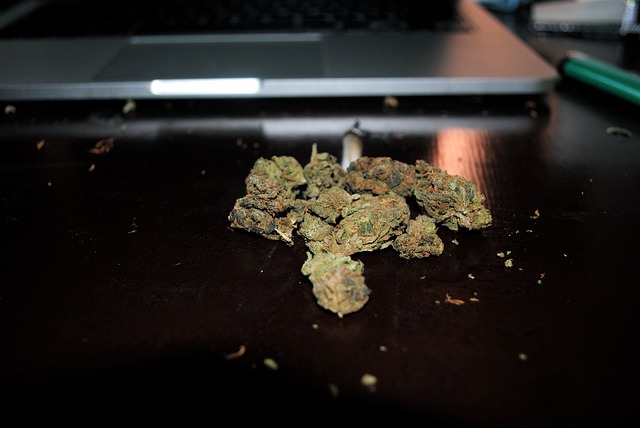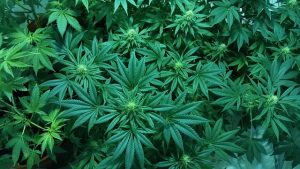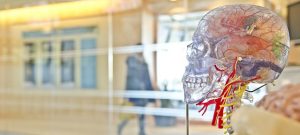Cannabidiol (CBD) is one of at least 85 active cannabinoids identified in cannabis. As the name implies, it is a cannabis compound that has significant medical benefits without making someone feel “stoned” and it can actually counteract the pshychoactivity of THC. CBD-rich cannabis is non-psychoactive or less physoactive than THC-dominant strains, which makes it an appealing option for patients who suffer from inflammation, pain, anxiety, psychosis, seizures, spams, and other conditions without disconcerting feelings of lethargy or dysphoria.
Facts about cannabidiol
CBD is a key ingredient in cannabis
Cannabidiol is one of over 80 compounds found in cannabis that belongs to a class of molecules called cannabinoids. Of these compounds, CBD and THC are usually present in the highest concentrations, and are therefore the most recognized and studied.
CBD and THC levels tend to vary among different plants. Marijuana that’s grown for recreational purposes often contains more THC than CBD.
By using selective breeding techniques, cannabis breeders have managed to create varieties with high levels of CBD and next to zero levels of THC. These strains are rare but they have become more popular.
CBD is non-psychoactive
Unlike THC, CBD does not cause users to get high. While this makes CBD a poor choice for recreational users, it gives the chemical a huge advantage as a medicine, since health professionals prefer treatments with minimal side effects.
CBD is a non-psychoactive because it does not act on the same pathways as THC. These pathways, called CB1 receptors, are highly concentrated in the brain and they are responsible for the mind-altering effects of THC.
CBD has a wide range of medical benefits
Although CBD and THC act on different pathways of the body, they seem to have many of the same benefits.
| Medical Use |
Effects |
| Anti-emetic | Reduces nausea and vomiting |
| Anti-convulsant | Suppresses seizure activity |
| Anti-psychotic | Combats psychosis disorders |
| Anti-inflammatory | Combats inflammatory disorders |
| Anti-oxidant | Combats neurodegenerative disorders |
| Anti-cancer | Combats tumor and cancer cells |
| Anti-depressant | Combats anxiety and depression disorders |
CBD reduces the negative effects of THC.
CBD seems to offer natural protection against the marijuana high. Numerous studies suggest that CBD acts to reduce the intoxicating effects of THC, such as memory impairment and paranoia.
It also appears to counteract the sleep-inducing effects of THC, which may explain why some strains of cannabis are known to increase alertness.
Both CBD and THC have been found to present no risk of lethal overdose. To reduce potential side effects, medical users may be better off using cannabis with higher levels of CBD.
CBD is sill illegal
Even though CBD shows much promise as a medicine, it remains illegal in many parts of the world. Classified as a Schedule I drug in the United States and a Schedule II drug in Canada.
On the other hand, the FDA recently approved a request to trial a pharmaceutical version of CBD in children with rare forms of epilepsy. The drug is made by GW Pharmaceuticals and is called Epidiolex.
According to the company, the drug consist of “more than 98 percent CBD, trace quantities of some other cannabinoids, and zero THC.” GW Pharmaceuticals makes another cannabis-based drug called Sativex, which has been approved in over 24 countries for treating multiple sclerosis.
A patent awarded to the U.S. Health and Human Services in 2003 (US6630507) also covers the use of CBD as a treatment for various neurodegenerative and inflammatory disorders.



